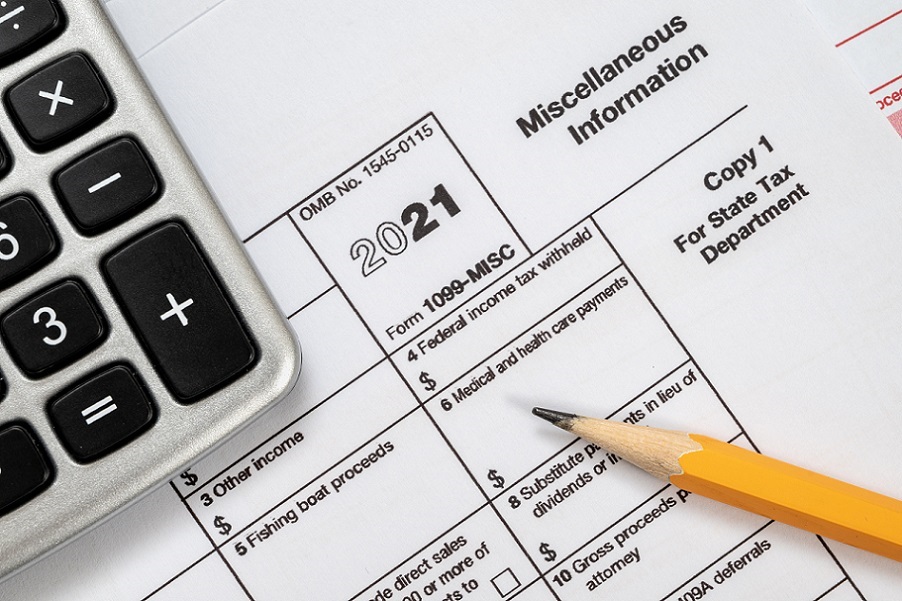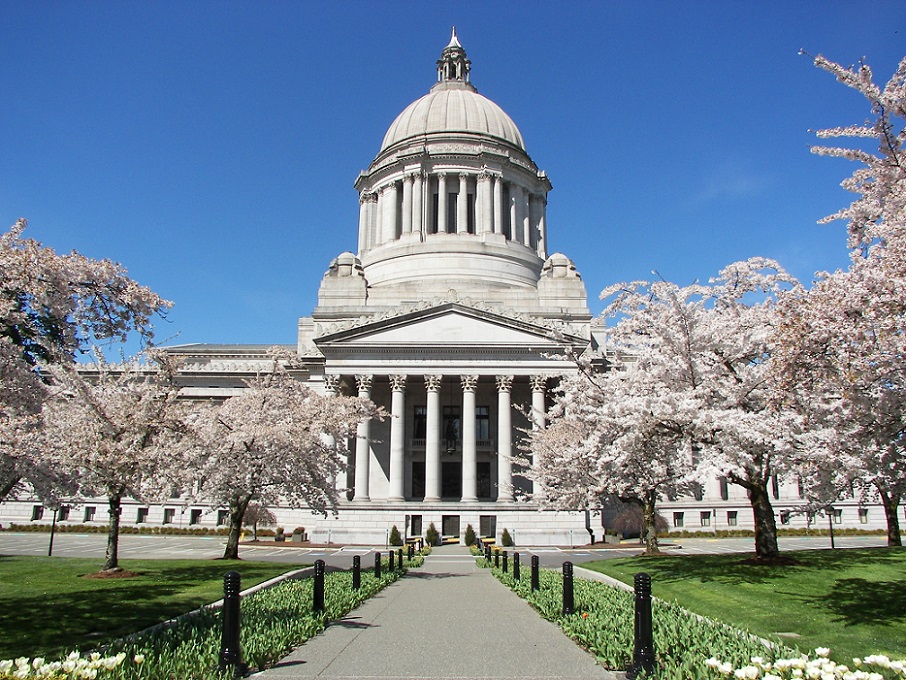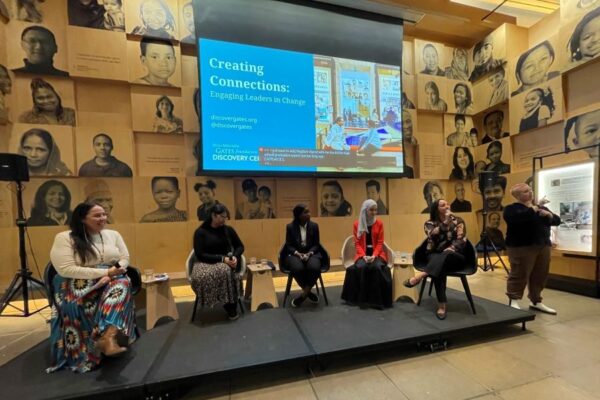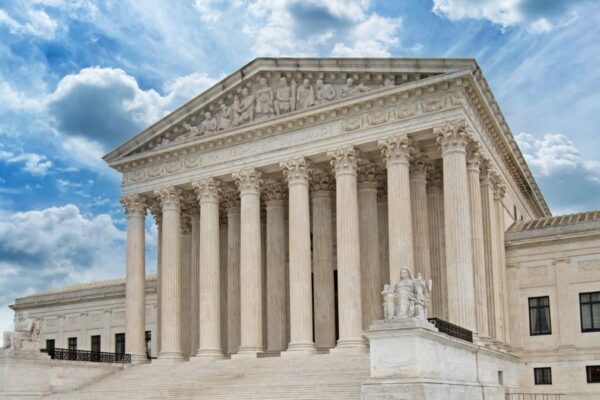Wins, Losses in the 2022 State Legislative Session
This blog post was written by Colleen Laing, United Way Director, Systems Change & Public Policy, with support from Amanda Saxton, United Way Intern, Systems Change and Public Policy.
United Way of King County’s state legislative agenda focuses on three priorities: helping students graduate, breaking the cycle of poverty and ending homelessness. During the 2022 Washington state legislative session, United Way actively supported 21 bills and seven budget items. Overall, 13 of our lead policy priorities and six budget items passed both the House and Senate chambers and have either been delivered or signed by Governor Jay Inslee.
United Way’s public policy unit is mid-stream on a pivot toward asking BIPOC communities to prioritize items for our advocacy agenda. This year’s agenda hints at changes to come, and we highlight those beginnings along with updates on the rest of our Board-adopted 2022 agenda in the legislative recap below.

Among bills that passed
For helping students graduate, our biggest legislative priority is Open Doors, legislation that funds youth reengagement in pursuing a high school credential and college credits. We have agreement from a legislative sponsor to allow us to lead an update of this legislation in 2023 and plan to center that update on outcomes for BIPOC youth. We are kicking off a year-long BIPOC community engagement process in April and will report on that progress in this space in the fall/winter.
We supported several bills to improve education that were introduced in the 2022 legislative session. Notably, House Bill 1723: Broadband Assistance Program. The legislation creates state support for digital equity by funding planning at the state and local levels and connectivity, hardware, software, skill building and other capacity building services for community technology programs.
For breaking the cycle of poverty, our highest-impact successes include House Bill 1878: Expanding Community Eligibility Provisions (CEP). House Bill 1878 allows districts to enroll areas with 40 percent or greater students eligible for free meals in the USDA’s CEP program. Free meals can be accessed by 100 percent of students in CEP areas. This will result in 92,000 additional Washington students from low-income areas receiving free meals every school day.
This is the fourth year our state has passed laws that break down barriers to school meals, and the ninth year of vigorous United Way advocacy in school nutrition policy. Starting with Breakfast After the Bell, United Way and our partners have influenced legislation to make school meals more accessible and equitable. Together, we have built relationships with many stakeholders in the complex arena of delivering food from farm to student with public dollars.
As a result of our community’s advocacy, school breakfast in Washington is free, it happens after students arrive at school, not before, and schools have the tools and funding to make it work well. We’ve seen family copays for school meals eliminated so all qualifying students eat free. Now we’ve expanded access to those free meals through CEP. The outcome of this concerted effort is historic gains in participation, fewer hungry students, and millions of additional federal dollars coming to the state.

Our biggest anti-poverty win last year was the Working Families Tax Credit (WFTC). This year, WFTC legislation was improved through House Bill 1888 and added funding, allowing reductions to the WFTC benefit to avoid making a family ineligible for the larger federal Earned Income Tax Credit (EITC). The state WFTC and federal EITC are intended to incentivize work for people with very low incomes, increasing the purchasing power of working people. The Legislature also funded outreach to help ensure eligible families access the WFTC, EITC and Child Tax Credit.
United Way again supported reductions in court-imposed legal financial obligations, which extract wealth from primarily Black communities. After success eliminating interest on these debts in a prior year, this year’s House Bill 1412 allows judges to refrain from imposing legal fees and fines in the first place if the offender lacks the means to pay.
A small bill that will increase BIPOC voices in policy making, Senate Bill 5793, authorizes stipends and expense reimbursement for people participating in state boards or commissions. This will support people with lived experience engaging with the state on issues that affect their lives and communities.
For fighting homelessness, the supplemental operating budget includes hundreds of millions for critical investments. Budget items of most interest to United Way include:
- $658 million in federal rental assistance
- $240 million for Rapid Capital Housing Acquisition
- $114 million for the Housing Trust Fund and $37 million increased operations and maintenance dollars for services in permanent supportive housing
- $73 million for Foundational Community Supports for services in permanent supportive housing, which United Way had funded through our former Campaign to End Chronic Homelessness
- $60 million for the new Apple Health and Homes program
- $55 million for workforce incentive payments to support front line workers serving people experiencing homelessness
- $128 million for crisis stabilization and behavioral health facilities and services
- $26.5 million for expansion of the Housing and Essential Needs voucher program
- $15 million for homeless youth facilities (capital) and $13M for services (operating)
Among bills that failed:
House Bill 2009 would have created a Guaranteed Basic Income Program for all Washingtonians earning less than 200% of federal poverty. While the scope of this bill was overly large, United Way is prioritizing piloting this more equitable and respectful method of providing cash assistance to families in need. We would like to work with legislators next session to pilot an effort to provide lump sum payments to people experiencing homelessness, like Vancouver, B.C.’s successful New Leaf pilot.
Tenants Rights bills did not fare well this session. The following bills failed to pass the Legislature:
- House Bill 2023 would have established a court process to enforce tenants’ rights under the Consumer Protection Act
- House Bill 2017 would have prohibited categorical exclusions of prospective tenants with arrest or conviction records
- Senate Bill 5576 would have made the tenant protections created in last year’s bill more robust
- House Bill 1904 (not on our agenda, but a significant bill) would have mandated landlords provide 180 days’ notice for rent increases above 3%
United Way will continue to advocate in 2023 and beyond for the bills that failed and other legislation that ensures that people have homes, students graduate and families are financially stable.





Comments